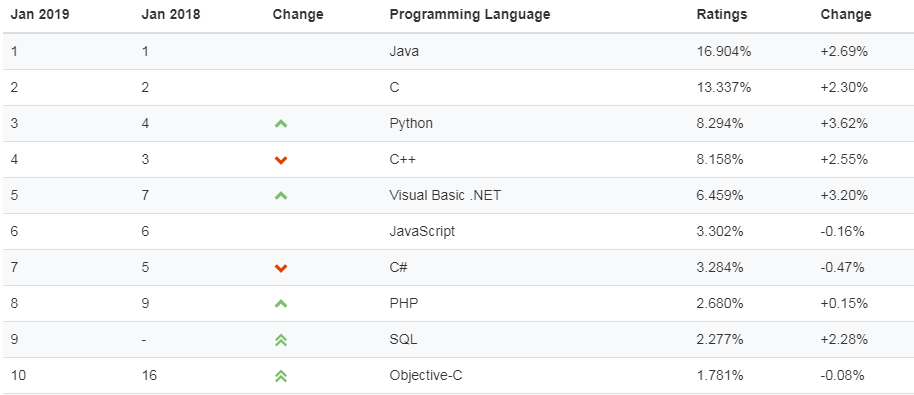Introduction to Java:
Java is an object-oriented high-level programming language launched by Sun Microsystems in 1995. It can run on multiple platforms. Its founder is James Gosling. Then in 2010, Oracle acquired Sun Microsystems, and Oracle was responsible for Java maintenance and version upgrades. There is no doubt that the Java language can be said to be the most rapidly developing and influential programming language in the past ten years. It has been ranked in the top three of the "weapons list" with C language and C++ all year round, and it has been ranked first on the list from time to time. Perhaps it is the need of the times. Whether it is web application development or mobile Android ecosystem, the one that everyone hears the most is Java. This is the influence of Java.

Classification of Java. Generally speaking, Java is divided into three categories, namely:
JavaSE (J2SE) (Java 2 Platform Standard Edition, Java Platform Standard Edition)
JavaEE (J2EE) (Java 2 Platform Enterprise Edition, Java Platform Enterprise Edition)
JavaME (J2ME) (Java 2 Platform Micro Edition, Java platform micro edition).
Java language features:
As a mainstream development language, the reason why it has endured for so long must have its own unique features. In addition to the features common to languages such as C and C++, here are several unique features of Java:
Cross-platform features
The so-called cross-platform is because Java code only needs to be written once and executed everywhere, that is, it does not care what platform it is, as long as there is a JVM virtual machine, it can run, making it truly cross-platform.
simplicity
The so-called simplicity does not mean simple syntax. For example, some complex inheritance problems in C++ are abandoned, pointers in C are abandoned, and the automatic garbage collection mechanism makes dynamic memory management without worrying about memory leaks. In addition, because it is similar to C /C++ regular syntax is very similar, so students with C/C++ foundation will learn it very smoothly.
explanatory
The Java language needs to be compiled first, but the compiled code is not machine code like C/C++, but bytecode. As long as it is a Java virtual machine, it can be interpreted and executed. This feature makes the compiled Java language both It can be cross-platform and execute quickly.
Robustness
Strong typing mechanism, garbage collection, and exception handling make programs developed in Java more secure.